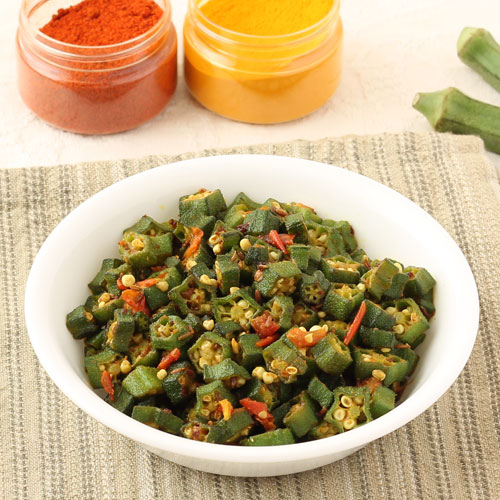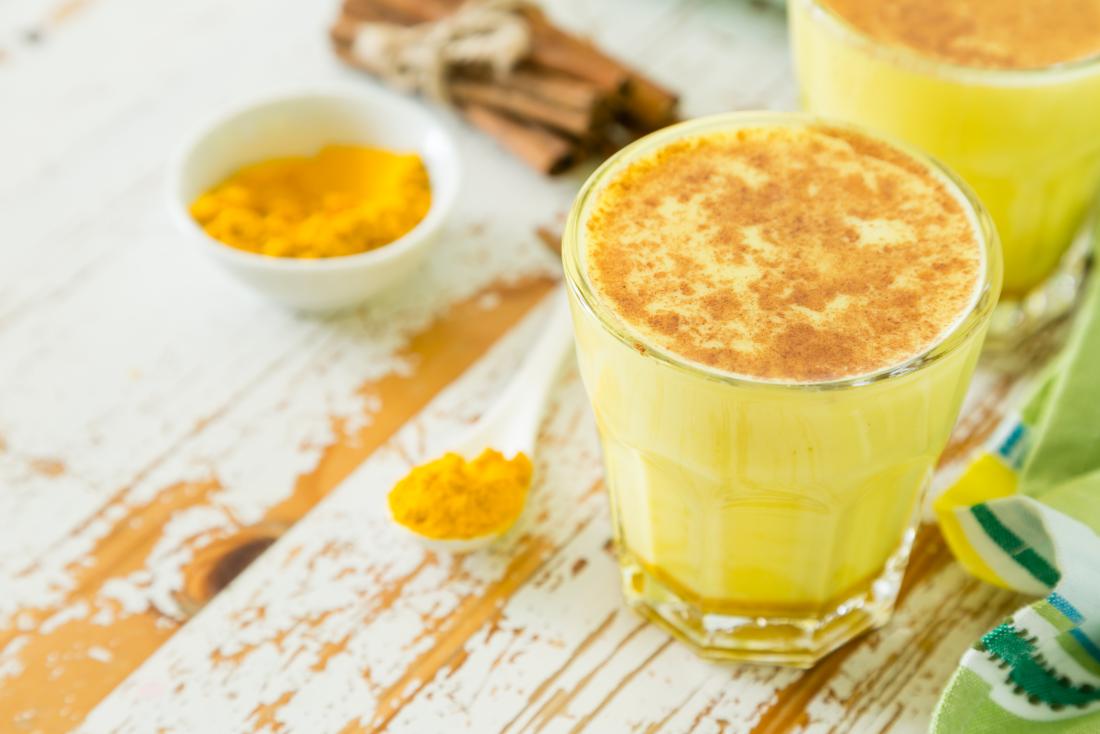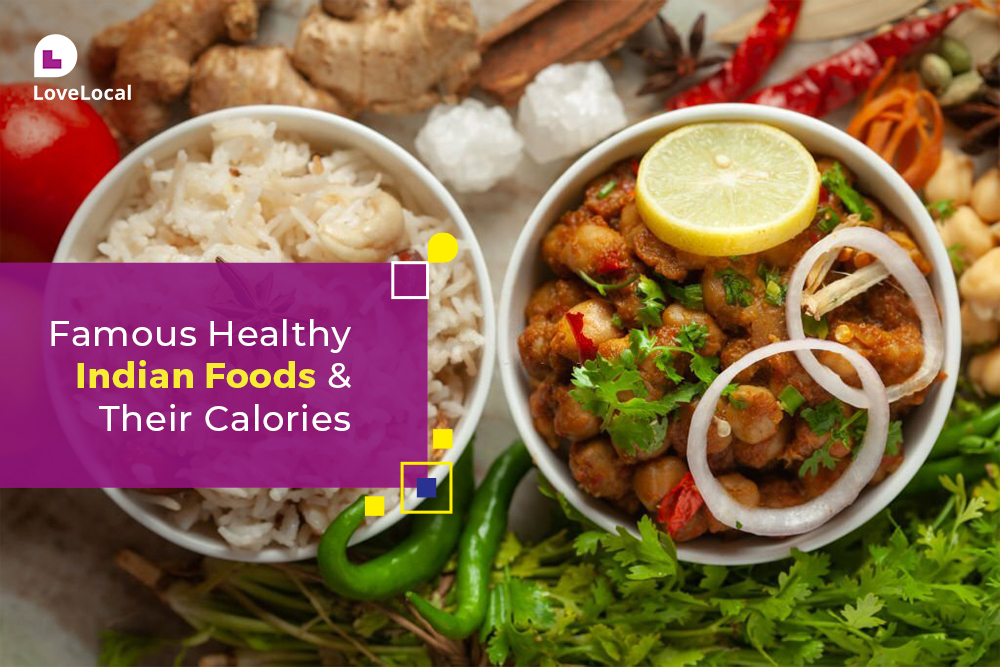Indian cuisine, renowned for its aromatic spices and rich flavors, is more than just a culinary delight; it’s a treasure trove of nutrition. Unravel the nutritional secrets behind 10 famous and healthy Indian foods, showcasing how traditional recipes can be both palatable and nutritious.
1. Paneer Tikka: The Protein Powerhouse
Paneer Tikka, a beloved appetizer, boasts not only a tantalizing taste but also a nutritional profile that makes it a star of healthy Indian food items. The primary ingredient, paneer or Indian cottage cheese, is a high-quality protein source.
This healthy Indian food also offers a generous dose of calcium and phosphorus, crucial minerals for bone health. This makes Paneer Tikka not just a flavorful treat but a wholesome addition to a balanced diet, especially for those looking to increase protein intake or maintain strong bones.

2. Masoor Dal: The Pulsating Protein Source
Masoor Dal, or red lentils, is a staple in Indian households and a nutritional powerhouse. Packed with plant-based protein, Masoor Dal is a valuable addition to healthy Indian meals either vegetarian or vegan. It provides a substantial amount of dietary fiber, promoting digestive health and aiding in weight management.
Additionally, this healthy Indian food is rich in essential minerals like iron, magnesium, and potassium. This simple lentil dish, when paired with rice or whole grains, creates a healthy Indian meal packed with protein, ensuring a well-rounded nutritional profile.

3. Palak (Spinach) Bhaji: The Iron-Rich Delight
Palak Bhaji, a famous Indian food centered around the vibrant green spinach, offers not only a burst of flavors but also a significant nutritional boost. Spinach is a powerhouse of iron, a mineral essential for the formation of hemoglobin and oxygen transport in the blood.

4. Chana Chaat: The Tangy Chickpea Triumph
Chana Chaat, a popular low calorie Indian food for weight loss, is a delightful combination of chickpeas, vegetables, and spices. Chickpeas, the star ingredient, contributes a wealth of benefits to this tangy dish. As an excellent source of plant-based protein and dietary fiber, chickpeas promote satiety and support digestive health.
The colorful array of vegetables in Chana Chaat adds vitamins, minerals, and antioxidants to the mix making it a low calorie Indian food for weight loss.

5. Bhindi (Okra) Stir Fry: The Low-Calorie Crunch
Bhindi Stir Fry, a simple yet flavorful dish, highlights the nutritional value of okra or ladyfinger. Okra is a low calorie Indian food and rich in dietary fiber, making it an excellent choice for those aiming for weight management.
The minimal use of oil in the stir fry keeps the calorie count in check while preserving the natural goodness of okra. This dish is a testament to how low calorie Indian food can be both nutritious and satisfying.

6. Tandoori Chicken: Lean Protein Extravaganza
Tandoori Chicken a tasty Indian food for weight loss, marinated and grilled to perfection, is not just a culinary delight but also a nutritional powerhouse.
The tandoori marinade, typically consisting of yogurt and spices, not only enhances the flavor but also adds health benefits. Yogurt provides probiotics, promoting gut health. The grilling method keeps the dish lean and minimizes the need for excessive oil, making Tandoori Chicken the best healthy Indian food for those seeking a protein-packed meal.

7. Rajma (Kidney Beans) Curry: The Fiber-Rich Feast
Rajma Curry, a North Indian classic, is a delightful combination of kidney beans in a rich, flavorful curry. Beyond its delicious taste, Rajma Curry stands out for its nutritional composition making its position among the best healthy Indian food. Kidney beans are an excellent source of dietary fiber, promoting digestive health and aiding in weight management.

8. Dhokla: The Fermented Flourless Marvel
Dhokla, a steamed and fermented dish, is a testament to how traditional Indian snacks can be both delicious and nutritious. Prepared from gram flour (besan), this healthy Indian food item is naturally gluten-free, making it suitable for individuals with gluten sensitivities.

9. Turmeric Milk (Haldi Doodh): The Golden Elixir
Turmeric Milk, commonly known as “Haldi Doodh,” is a traditional Indian beverage celebrated for its health-promoting properties. Curcumin, the active ingredient in turmeric, has strong antioxidant and anti-inflammatory properties.
Consuming Turmeric Milk is considered a soothing remedy, especially during cold seasons. These healthy Indian foods provide not only warmth but also potential immune-boosting benefits. This golden elixir is a comforting addition to the repertoire of healthy Indian beverages.

10. Khichdi: The Comforting One-Pot Wonder
Khichdi, a simple yet comforting healthy Indian food, is a nutritional marvel that has been a staple in Indian households for centuries. The combination of rice and lentils creates a complete protein source, ensuring a well-rounded nutritional profile.
Khichdi is a famous Indian food, easy to digest making it a popular choice during times of illness or as a comfort food.

Calories Count of Healthy Indian Foods:
It’s challenging to provide exact calories in Indian food without specific quantities and preparation methods. It can vary based on factors such as portion size, cooking methods, and additional ingredients used. However, below are the estimated count of calories in Indian food for typical servings:
- Paneer Tikka:
- A typical serving (100 grams) of paneer tikka can contain approximately 200-300 calories, depending on the marinade and cooking method.
- Masoor Dal:
- 200 grams of cooked masoor dal provides about 230 calories.
- Palak (Spinach) Bhaji:
- 100 grams of palak bhaji may contribute around 50-70 calories.
- Chana Chaat:
- A portion (1 cup) of chana chaat can range from 150 to 250 calories, considering the chickpeas, vegetables, and spices.
- Bhindi (Okra) Stir Fry:
- Bhindi stir fry is a low-calorie healthy Indian food, and a typical serving (100 grams) may contain around 30-40 calories.
- Tandoori Chicken:
- One piece (100 grams) of tandoori chicken (without skin) can have approximately 165-180 calories, with variations based on the marinade.
- Rajma (Kidney Beans) Curry:
- A cup (200 grams) of this healthy Indian food may provide about 200-250 calories, mainly from the kidney beans and the curry base.
- Dhokla:
- A serving (one piece, approximately 50 grams) of dhokla may have around 80-100 calories, considering the use of gram flour and the steaming process.
- Turmeric Milk (Haldi Doodh):
- A cup (240 ml) of turmeric milk could contain around 150-200 calories, depending on the type of milk used and any additional ingredients.
- Khichdi:
- 200 grams of khichdi might provide around 200-250 calories, considering the rice, lentils, and vegetables.
Conclusion: A Flavorful Journey to Wellness
Exploring the nutritional profile of these 10 famous healthy Indian foods unveils the richness of Indian foods beyond their culinary appeal. From protein-packed paneer to fiber-rich lentils and antioxidant-laden turmeric, each dish contributes to a holistic approach to well-being.
Incorporating these Indian foods into your diet, along with a balanced and varied meal plan, can enhance your nutritional intake. Whether you’re aiming for weight management, heart health, or simply enjoying a flavorful journey to wellness, the diverse offerings of healthy Indian foods make it an exciting and delicious endeavor. So, savor the flavors, celebrate the nutrients, and embark on a journey where taste and health coexist harmoniously on your plate.
Shop at LoveLocal! support local retailers.
Frequently Asked Questions (FAQs):
Dishes like biryani and creamy curries, due to ghee, cream, and rich sauces, tend to be high in calories.
Among traditional Indian foods, options like saag (green leafy vegetables) and tandoori preparations are generally lower in calories.
It depends on the ingredients; while some vegetable-based curries can be lower in calories, creamy and rich curries may be higher.
Foods like dal (lentils), grilled tandoori items, and saag are considered healthy choices due to their protein and nutrient content.
The caloric content of curry varies; some are low-calorie vegetable curries, while creamy or fried curries can be higher in calories.



